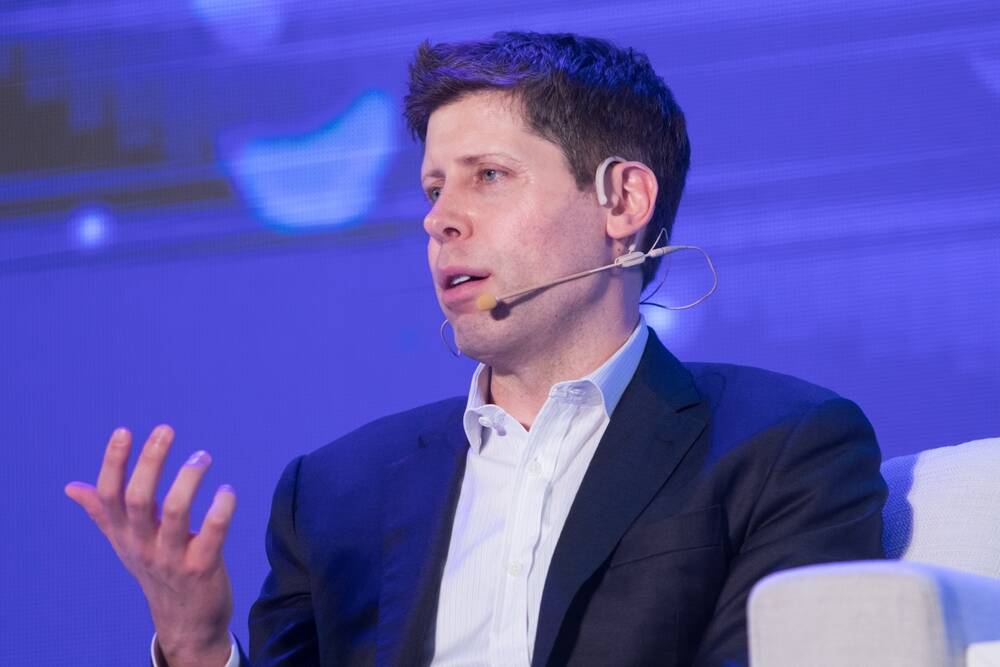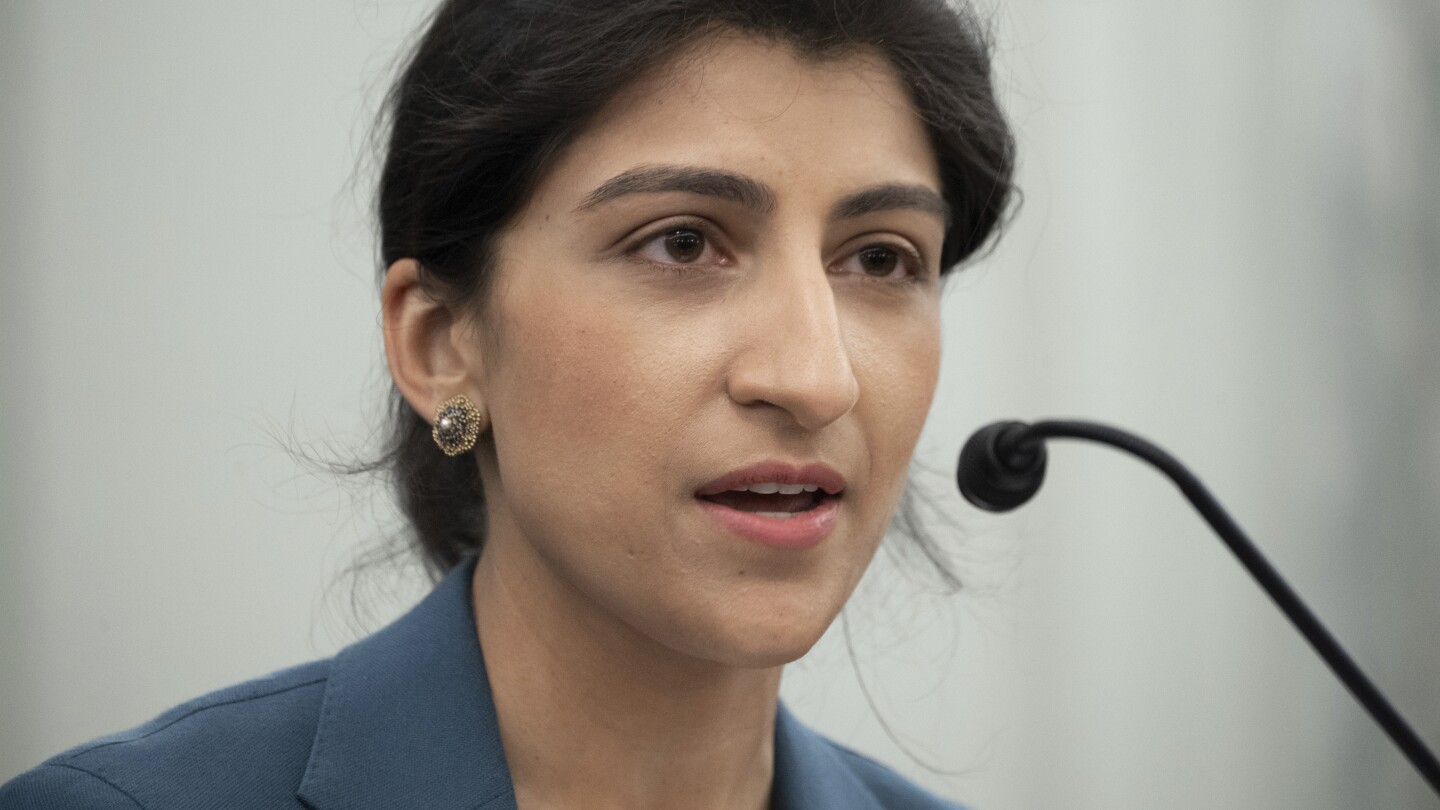AI Brief: OpenAI’s CEO Sam Altman has rejoined the company’s board, accompanied by three new members. Sue Desmond-Hellmann, Nicole Seligman, and Fidji Simo will join Altman on the board. The previous members, including Helen Toner, Ilya Sutskever, and Tasha McCauley, resigned after Altman was initially ousted but swiftly reinstated. The new board composition, working closely with existing directors Adam D’Angelo, Larry Summers, and Bret Taylor, aims to steer OpenAI’s growth and uphold its mission of leveraging artificial general intelligence for the benefit of humanity.
In response to staff complaints, Microsoft has taken steps to enhance the safety of its AI Copilot tool by blocking prompts that could lead to the generation of inappropriate content. This move follows concerns raised by an engineer to the US Federal Commission Committee regarding violent or sexually explicit imagery produced by the tool. Microsoft’s actions include prompt blocking and stricter content policies to prevent misuse and ensure user safety.
Google is combatting AI-generated spam to refine web search results by downranking low-quality and spammy content, regardless of whether it is created by humans or AI. The search giant aims to reduce the prevalence of clickbait and unoriginal content that aims to manipulate search rankings. By focusing on penalizing websites that produce such content at scale, Google seeks to elevate the visibility of high-quality and relevant websites in search results.
OpenAI’s ChatGPT now features a Read Aloud capability, enabling audio responses to user queries on its iOS, Android, and web platforms. This functionality allows for hands-free interaction with the tool, catering to scenarios where users prefer spoken responses over text or when manual input is not feasible. With support for 37 languages, ChatGPT’s Read Aloud feature enhances accessibility and user experience across diverse linguistic preferences.










